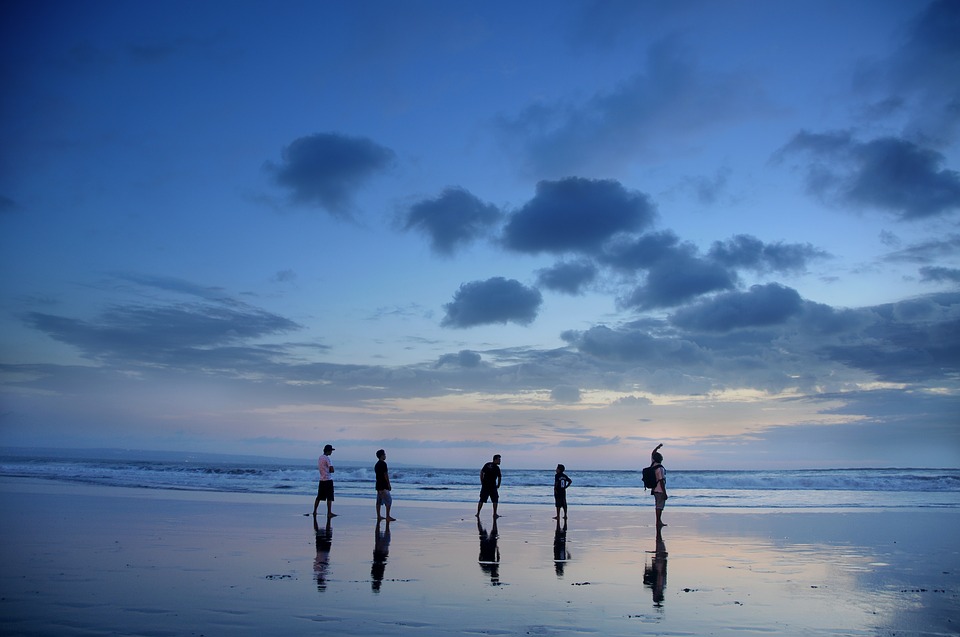In a strange coincidence, two highly respected sports announcers recently died just a day apart. Both had close ties to Hawaii; both had close ties to Philadelphia. Both got established in Honolulu (as did sportscaster Al Michaels).
Harry Kalas, who died on April 12, was the play-by-play man for the Philadelphia Phillies and the narrator for NFL films. He’d been with the Phillies since 1971 and was a beloved icon in the city. He’d been inducted into the Baseball Hall of Fame in Cooperstown, N.Y.
He got his start in Honolulu calling the games of the Hawaii Islanders, a minor-league baseball franchise located there. Although his schedule kept him from visiting the islands often, he loved the place where he made many, many friends and launched a high-profile career.
Les Keiter first moved to Hawaii in 1948, where he was sports director for a local radio station for two years. He “recreated” Major League baseball games by reading off of the Western Union teletype system. Also a Hall of Fame Broadcaster, he died in Honolulu on April 13 after a career that spanned six decades. He left Hawaii in 1950, going on to New York as the broadcaster for the baseball and football Giants (1954-62) and New York Knicks (1955-62). He announced 12 championship heavyweight fights for ABC and Mutual, including Muhammad Ali’s (then Cassius Clay) first title victory over Sonny Liston in 1964.
The event Keiter is most asked to recall was a bomb scare at the Palestra, (a basketball arena in Philadelphia) during a St. Joe’s-Villanova game in 1965. Throughout the hour-long incident, he ignored police orders to evacuate and stayed on the air in the tiny crow’s nest of a broadcast booth high above the Palestra floor.
In 1971, Keiter returned to Honolulu to open an advertising agency. After relative success in marketing, he became the sports director at a highly-rated TV station (a position he previously had held in Philadelphia). He retired in 1994, but soon was back in the saddle again, serving as spokesman for Aloha Stadium. “Fifty Years Behind the Microphone,” an autobiography that focuses on his career, was formally added to the special collection at the Baseball Hall of Fame.
Both cities were stunned by the deaths of both men. They made their indelible marks on both Philadelphia and in all of Hawaii.




